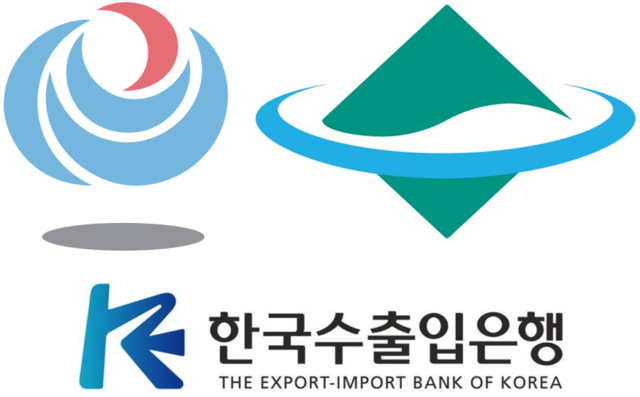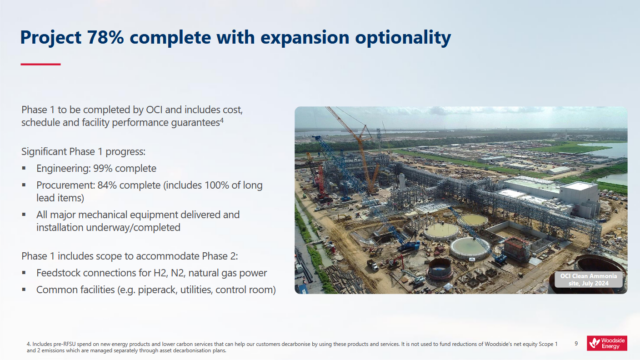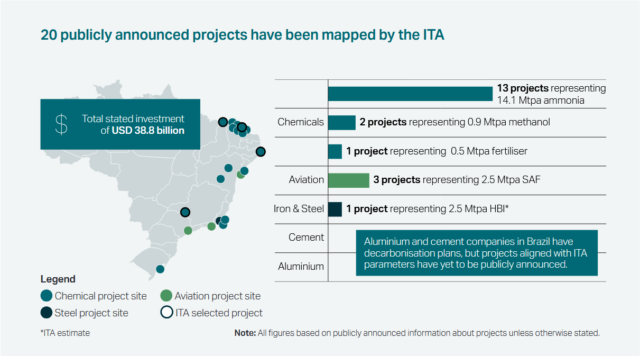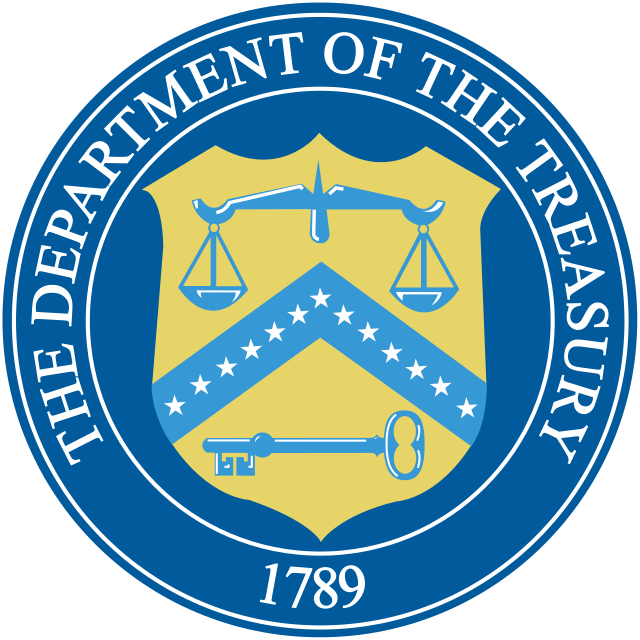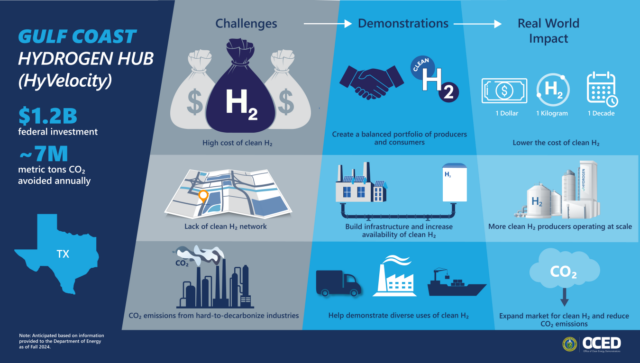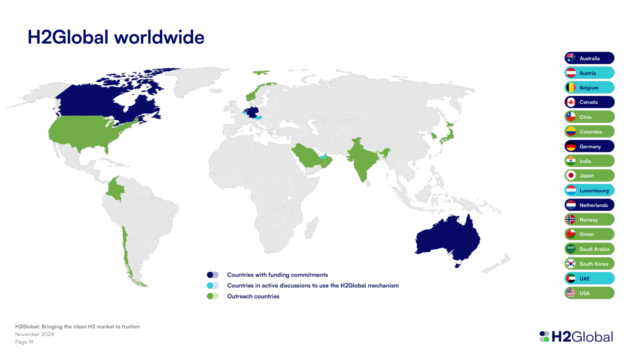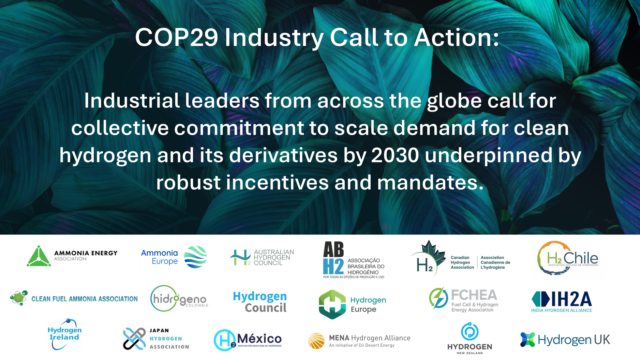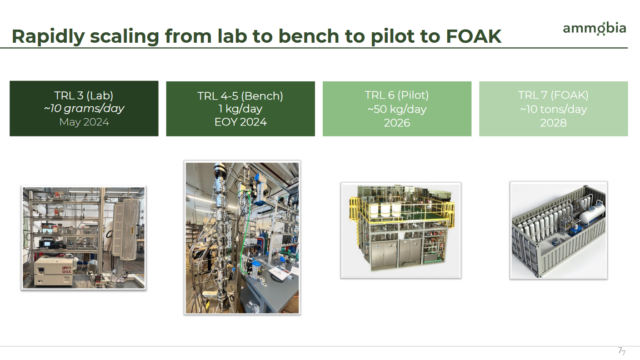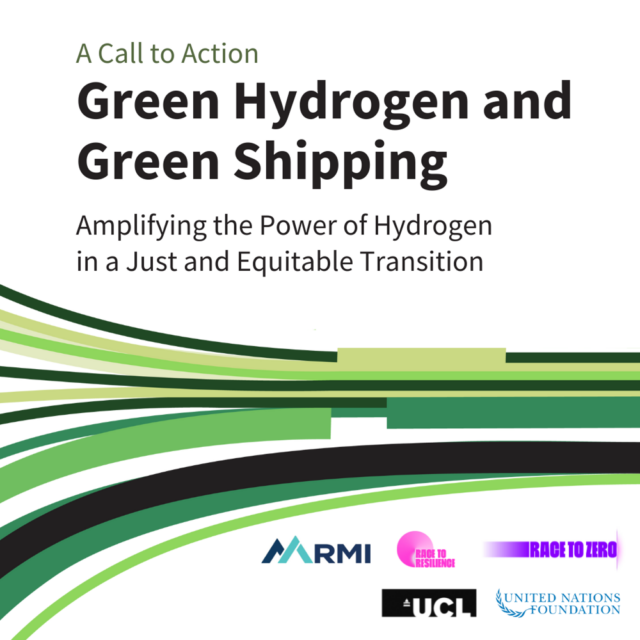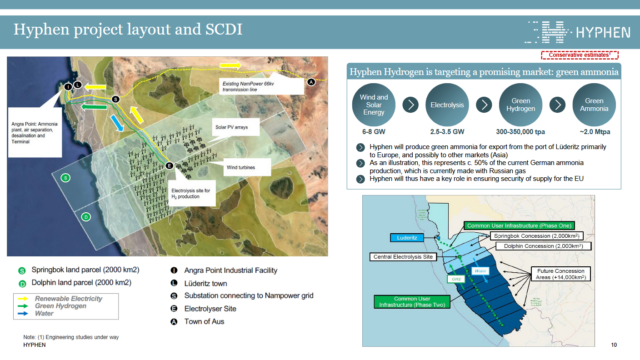Government support for ammonia-powered shipping in Japan, Korea
In Japan, the Ministry of Land, Infrastructure, Transport and Tourism, in cooperation with the Ministry of the Environment will invest $212 million in the domestic manufacture of ammonia engines, fuel tanks and components. In Korea, the national Export-Import Bank has committed to supporting ammonia-fueled newbuilds.
